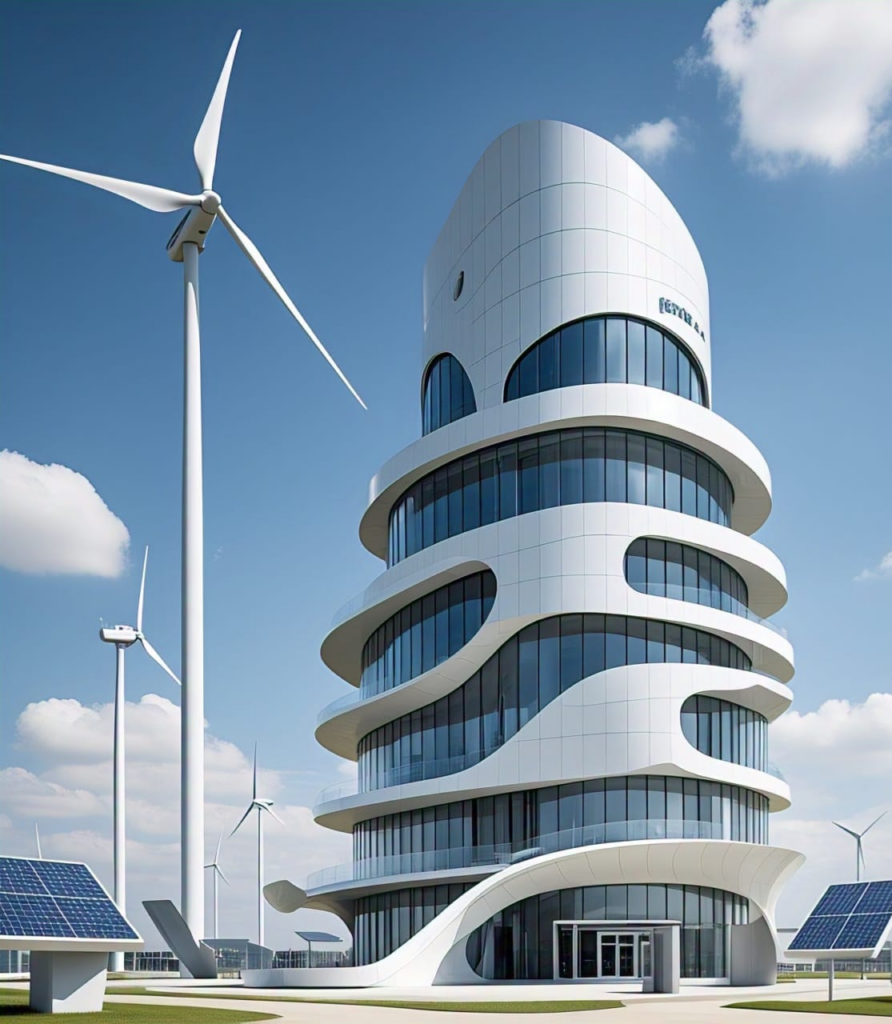Discover how sustainable architecture in 2025 is transforming construction with eco-friendly materials, energy-efficient spaces, and innovative green technologies.
Redefining Construction with Eco-Friendly Designs
The future of architecture is shifting towards sustainability, driven by the urgent need to combat climate change and reduce carbon footprints. In 2025, sustainable architecture is no longer just a trend—it’s a necessity. Innovations in materials, energy efficiency, and smart design are reshaping the way we build and live.
Eco-Friendly Materials: Beyond the Basics
Gone are the days when sustainable buildings were limited to bamboo and recycled wood. The new age of green construction includes:
- Hempcrete: A lightweight, durable, and carbon-negative alternative to concrete.
- Mycelium Bricks: Grown from fungi, offering biodegradability and insulation.
- Transparent Solar Panels: Generating energy while doubling as glass windows.
Energy Efficiency: Smarter Spaces for a Smarter Future
Buildings today are being designed to produce more energy than they consume. Key innovations include:
- Building-Integrated Photovoltaics (BIPV): Solar panels seamlessly embedded into walls and roofs.
- Phase-Change Materials (PCM): Regulating indoor temperatures without excessive energy consumption.
- AI-Powered Smart Grids: Optimizing energy use by learning patterns and adjusting accordingly.
Water Conservation: Rethinking Consumption
Modern sustainable buildings integrate advanced water conservation systems such as:
- Rainwater Harvesting 2.0: Smart filtration and storage for potable use.
- Greywater Recycling: Repurposing wastewater for landscaping and toilets.
- Green Roofs & Living Walls: Natural insulation while reducing water runoff.
The Future of Green Cities
The concept of "Regenerative Architecture" is emerging—where buildings not only reduce harm but actively contribute to their environment. Imagine structures that clean the air, generate their own energy, and even restore biodiversity.
The future is not about choosing between sustainability and aesthetics. It’s about harmonizing innovation with nature—and 2025 is proving that sustainable architecture is the way forward.

10 Key Words:
Sustainable architecture, green building, eco-friendly designs, energy efficiency, smart buildings, regenerative architecture, green construction, solar panels, water conservation, future cities.

